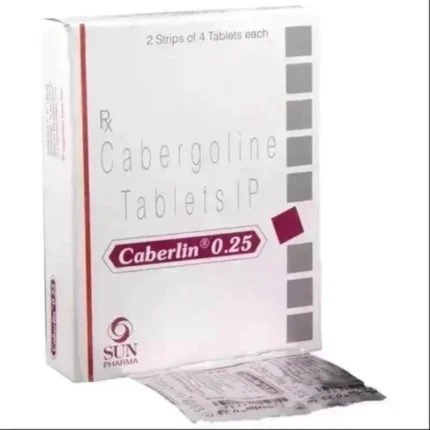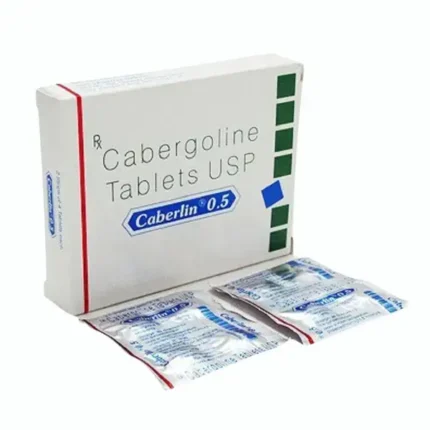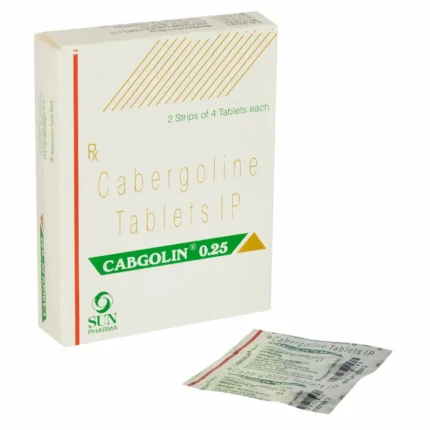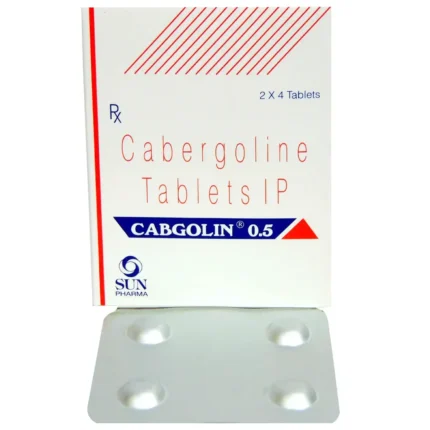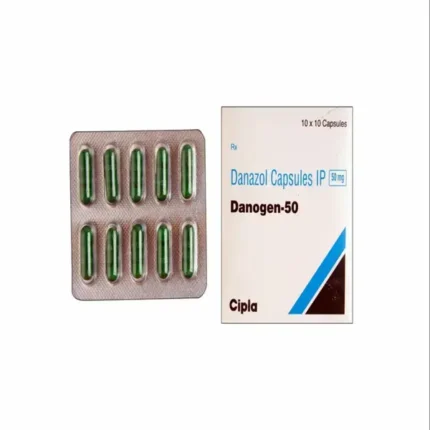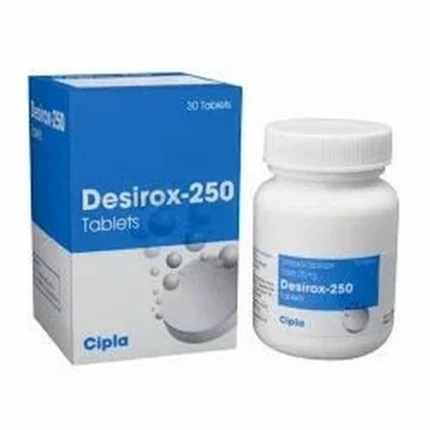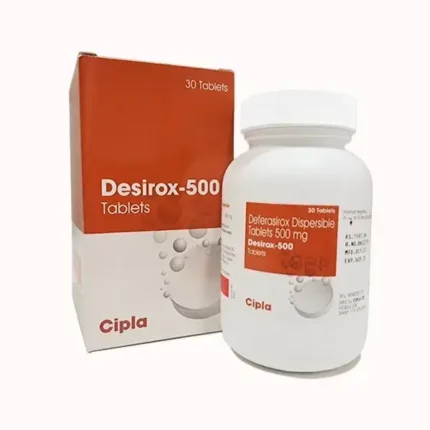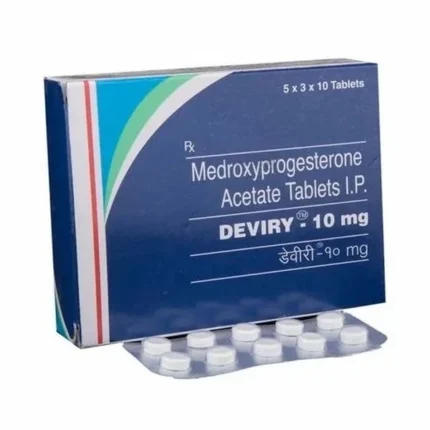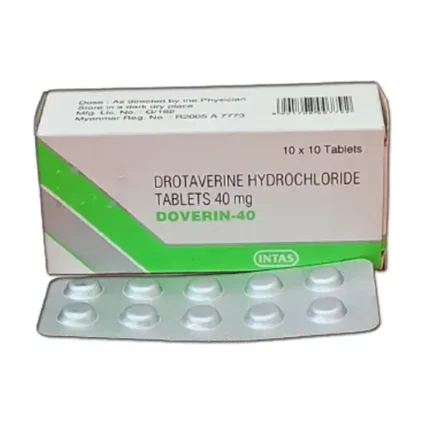Women’s Health: Empowering Wellness Through Every Life Stage
Women’s health is a multifaceted domain that encompasses physical, emotional, and hormonal well-being. From adolescence to menopause and beyond, women face unique health challenges that require tailored medical solutions and preventive care. Access to the right treatments and understanding key health issues are vital for leading a vibrant and balanced life.
This guide covers essential health concerns, medications, and lifestyle tips to support women’s wellness across all ages.
Caberlin 0.25 mg Tablet (Cabergoline)
Price range: $18.00 through $49.00Caberlin 0.5 mg Tablet (Cabergoline)
Price range: $36.00 through $97.00Cabgolin 0.25 mg Tablet
Price range: $17.00 through $46.00Cabgolin 0.5 mg Tablet
Price range: $36.00 through $97.00Danogen 50 mg Capsule (Danazol)
Price range: $17.00 through $46.00Desirox 250 mg Tablet (Deferasirox)
Price range: $40.00 through $108.00Desirox 500 mg Tablet (Deferasirox)
Price range: $67.00 through $181.00Deviry 10 mg Tablet (Medroxyprogesterone)
Price range: $22.00 through $40.00Doverin 40 mg Tablet (Drotaverine)
Price range: $10.00 through $18.00🌸 Why Women's Health Matters
Women's bodies go through various physiological changes across different life stages—puberty, pregnancy, menstruation, and menopause, each with its own set of health implications. Prioritizing women’s health leads to:
-
Hormonal balance and menstrual regulation
-
Safe pregnancy and postpartum recovery
-
Reduced risk of reproductive cancers and infections
-
Healthy bones and heart
-
Better mental and emotional resilience
🩺 Common Women’s Health Concerns & Treatments
Women are more susceptible to certain conditions due to hormonal and anatomical differences. Some key concerns include:
-
Menstrual Disorders: Irregular cycles, heavy bleeding, or painful periods are often treated with hormonal therapy (e.g., birth control pills, progesterone supplements).
-
Polycystic Ovary Syndrome (PCOS): Managed with metformin, hormonal contraceptives, and lifestyle changes.
-
Urinary Tract Infections (UTIs): Common in women, treated with antibiotics like nitrofurantoin or ciprofloxacin.
-
Vaginal Infections: Yeast infections (treated with fluconazole), bacterial vaginosis (metronidazole).
-
Fertility Issues: Ovulation-inducing drugs like clomiphene citrate or letrozole are often prescribed.
-
Menopause Symptoms: Hot flashes, night sweats, and mood swings may be relieved with hormone replacement therapy (HRT) or non-hormonal medications.
-
Osteoporosis: Postmenopausal women are at higher risk; calcium supplements, vitamin D, and bisphosphonates like alendronate are recommended.
-
Breast & Reproductive Health: Regular screenings, breast exams, and preventive medications where needed.
💊 Popular Medications in Women’s Health
-
Clomid (Clomiphene Citrate) – Stimulates ovulation for fertility treatment
-
Duphaston (Dydrogesterone) – Used for progesterone support and irregular menstruation
-
Premarin – Estrogen hormone therapy for menopause symptoms
-
Fluconazole – Treats vaginal yeast infections
-
Letrozole – Used in fertility treatments and certain types of breast cancer
-
Metformin – Often used in PCOS to regulate blood sugar and improve fertility
-
Evista (Raloxifene) – Helps prevent osteoporosis after menopause
-
Yasmin / Diane-35 – Combined oral contraceptives for birth control and acne/PCOS treatment
✅ Benefits of Specialized Women’s Health Medications
-
Targeted Hormonal Regulation: Balances estrogen, progesterone, and other key hormones
-
Support for Fertility: Increases chances of conception with minimal side effects
-
Relief from Menopause Symptoms: Enhances quality of life and emotional stability
-
Infection Management: Fast-acting antibiotics and antifungals for reproductive health
-
Bone Health: Strengthens bones and reduces the risk of fractures post-menopause
💡 Tips for Maintaining Optimal Women’s Health
-
Schedule regular gynecological check-ups and screenings
-
Stay physically active, especially weight-bearing exercises for bone health
-
Eat a balanced diet rich in calcium, iron, folate, and antioxidants
-
Stay hydrated and maintain good hygiene
-
Manage stress through yoga, meditation, or hobbies
-
Avoid smoking and limit alcohol consumption
-
Use medications exactly as prescribed and discuss side effects with your doctor
⚠️ Side Effects & Considerations
Some treatments may cause:
-
Hormonal side effects (mood changes, bloating, breast tenderness)
-
Nausea or digestive upset (common with antibiotics or iron supplements)
-
Allergic reactions (especially with antifungal or antibiotic use)
-
Increased risk of clotting (in some hormonal contraceptives)
Always consult a healthcare professional before starting or combining treatments. Certain medications may not be suitable during pregnancy or breastfeeding.
Frequently Asked Questions (FAQs)
Are birth control pills safe for long-term use?
Yes, for most women, they are safe. However, long-term use should be monitored by a healthcare provider.
What’s the best way to treat a yeast infection?
Antifungal medications like fluconazole (oral) or clotrimazole (topical) are highly effective.
Can PCOS be cured?
PCOS can't be cured, but symptoms can be managed effectively with medications, lifestyle changes, and hormonal therapies.
Should I take supplements during pregnancy?
Yes. Folic acid, iron, and calcium are typically recommended, but always consult your OB-GYN first.
📝 Conclusion
Women's health is a lifelong journey, not just a medical category. With the right care, medications, and awareness, women can thrive at every stage of life—whether navigating adolescence, fertility, menopause, or beyond. Our wide range of trusted women's health products is designed to support your unique wellness goals with safety, confidence, and care.
Explore our full selection and take charge of your health today.


